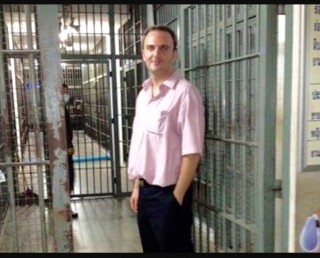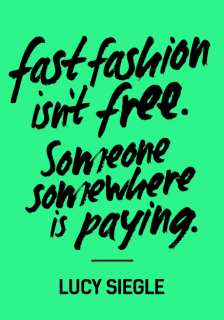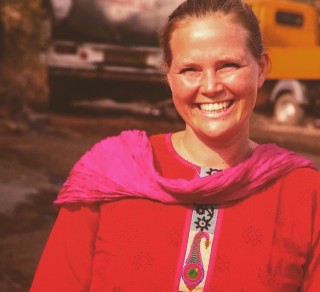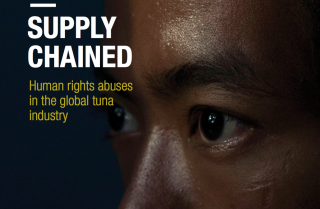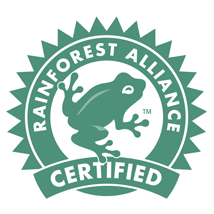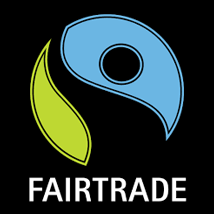There was a shock outcome in Thailand last week, when human rights activist, Andy Hall, was found guilty of defamation (a criminal charge in Thailand) and cyber crimes for reporting labour abuse in the fruit canning industry.
...The Ethical Warrior - Blog
Just last week my brother in law forwarded on to me an article he came across while reading the paper in his daily commute, with the headline ‘more than 45 million people trapped in modern slavery…’ more on that here. I’m noticing more and more that people are starting to thinking about it, knowing the work that I do it’s amazing now how many people text me and say ‘I’m in the supermarket aisle, what tea should I buy?’ or I’m tagged on a facebook post ‘Kate Nicholl, should I buy these school polo shirts that are only $3 in target?’
...
Mumbai is a pretty exciting place – it’s vibrant, there is a lot of history, a long seaside promenade. But the slums, the dark side of Mumbai, that is a different story. The poverty, dirt, garbage, and human waste in the slums of Mumbai are impossible to describe in words. It has to be smelled to be believed. People live piled on top of each other, many have been trafficked from the poorest parts of India to work in slave like conditions in manual labour or the sex trade.
...
Greenpeace is now beginning to focus on human rights violations in the supply chain.
In this week’s blog post we want to share a powerful report published by green peace exposing the truth about human rights violations in the Thai fishing industry, the tuna industry in particular. Its been widely reported for years that there is a myriad of human trafficking, forced labour and child labour in the workforce that harvests and processes tea, cotton, cocoa and coffee. Now the seafood industry is just emerging as an as another suspect. It’s not just Thailand either, the associated press won a journalism award recently for their work in uncovering the truth about slavery in the Indonesian fishing industry and the subsequent release of 2000 workers in forced labour conditions. You can read more about this here

